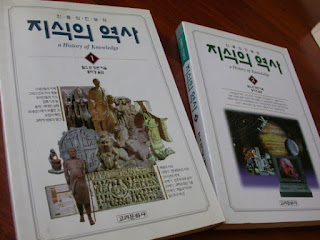
Three months into its run, Twenty-One featured a contestant, Herb Stempel, who had been coached by Enright to allow his opponent, Charles Van Doren, to win the game. Show sponsor Geritol, upon seeing this opening-night performance, reportedly became furious with the results and said in no uncertain terms that they did not want to see a repeat performance. That initial broadcast was, in the words of co-producer Dan Enright, "a dismal failure", as the two contestants were so lacking in the required knowledge that they answered a large number of the questions incorrectly. In September 1956, the Jack Barry-hosted game show Twenty-One premiered on NBC, its first show being played legitimately with no manipulation of the game by the producers at all. Supreme Court ruled that radio and television quiz shows could give prizes to contestants, provided that they did not contribute any of their own money.

The popularity of radio quiz shows between 19 led to the creation of television quiz shows, which became the successors to their radio antecedents. In the United States, it has since become standard industry practice for game show producers to monitor their own shows closely for cheating and to ensure fairness in play and compliance with broadcasting law to the highest degree possible. As a direct consequence, Congress amended the Communications Act of 1934 to prohibit networks from prearranging the outcomes of quiz shows. In response to the scandals, the government was widely pressured to impose stricter regulations on broadcasters.

Many expressed concern about the potential for the young medium of television to influence society in negative ways. When the behavior of the producers and contestants was exposed, the public reacted with shock. The scandals took place at a time when television was still emerging as a medium and had yet to become the established cultural force in American society that it is today. Producers fixed the shows sometimes with the free consent of contestants and out of various motives: improving ratings, greed, and the lack of regulations prohibiting such conspiracy in game show productions. These shows' producers secretly gave assistance to certain contestants in order to prearrange the shows' outcomes while still attempting to deceive the public into believing that these shows were objective and fair competitions. The 1950s quiz show scandals were a series of scandals involving the producers and contestants of several popular American television quiz shows.


NBC took the show off the air after the scandals made headlines its production was dramatized in the 1994 film Quiz Show. Revelations that contestants on TV quiz shows were secretly assisted by producers Host Jack Barry and contestant Charles Van Doren on the set of Twenty-One in 1957.


 0 kommentar(er)
0 kommentar(er)
